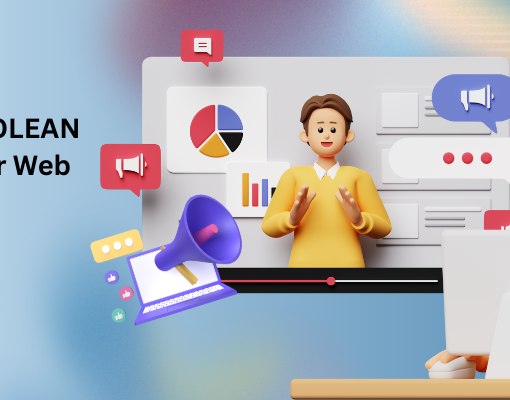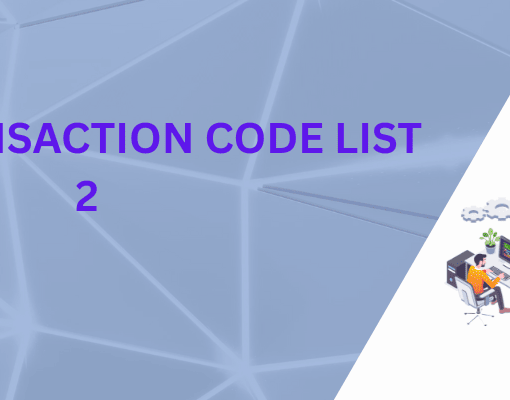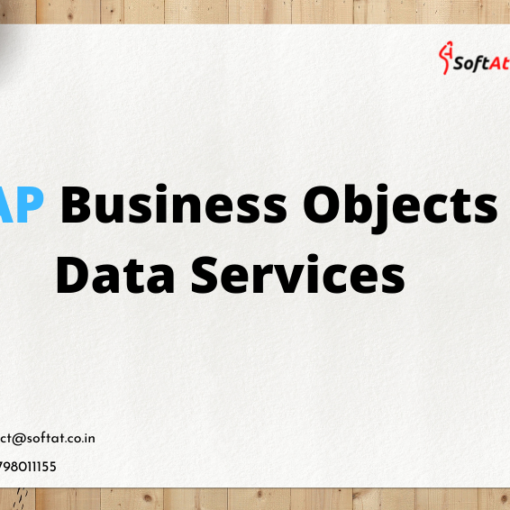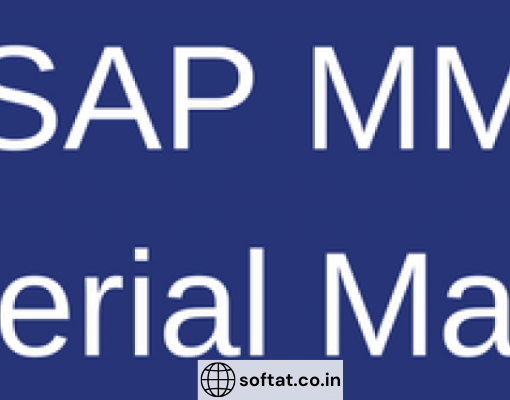SE16 tcode in SAP: Your Gateway to SAP Table Exploration

For any SAP consultant or user, navigating the vast data ocean within an SAP system can be daunting. Thankfully, SE16 emerges as a powerful and versatile tool, acting as your personal key to unlock the secrets hidden within SAP tables. This comprehensive guide dives deep into the world of SE16 tcode in SAP, equipping you with the knowledge to leverage its functionalities and become a data exploration pro.
Unveiling SE16: A Data Browsing Powerhouse
SE16, also known as the “Table View” or “Data Browser,” is a standard SAP transaction code that grants you direct read access to virtually all tables within your SAP system. Imagine SE16 as a giant library containing countless books (tables), each filled with specific information (data). With SE16, you can browse through these tables, search for specific entries, and gain valuable insights into your SAP data.
Beyond Browsing: Functional Capabilities of SE16
While browsing tables forms the core functionality of SE16, it offers additional features that enhance your data exploration experience:
- Filtering and Sorting: Refine your search by applying filters on specific table fields. You can also sort the data based on any column, allowing you to quickly locate the information you need.
- Downloading Data: Extract table data in various formats, including Excel or comma-separated values (CSV), for further analysis in external tools.
- Limited Modifications (with Caution): In specific scenarios, SE16 allows for basic data modifications like changing field values. However, exercise extreme caution when using this functionality, as unintended modifications can disrupt system integrity. (Always consult with system administrators before modifying data!)
Unlocking SE16’s Potential: Common Use Cases
SE16 proves to be a valuable asset across various SAP tasks. Here are some prominent use cases:
- Data Analysis and Reporting: Extract relevant data from various tables to generate reports, analyze trends, and gain insights into business processes.
- Data Validation and Error Correction: Verify the accuracy of data entries within tables and identify any inconsistencies or errors that require correction.
- Test Data Preparation: Populate test environments with realistic data by copying or modifying existing data from production tables. (Always remember to anonymize sensitive data before using it in testing!)
- User Training and Support: Help new users familiarize themselves with SAP data structures by allowing them to explore tables and understand data relationships.
Accessing SE16: A Straightforward Approach
Seizing control of SE16 is a breeze. Here’s how to access it:
- Launch the SAP GUI (Graphical User Interface) and log in to your SAP system.
- In the command field at the top of the screen, enter “SE16” and press Enter.
- The “Table View” window will appear. Enter the table name you wish to explore in the “Table Name” field and press Enter.
Beyond the Basics: Advanced Tips for SE16 Mastery
- Utilizing Join Functionality: For tables with relational links, leverage the join functionality within SE16 to combine data from multiple tables for a more comprehensive view.
- Exploring Table Variants: SE16 allows you to create and save variants with predefined filters and layouts for frequently accessed tables, saving you time and effort in the long run.
- Understanding Authorization Checks: Remember that authorization checks govern your access to specific tables within SE16. Consult with your system administrator if you encounter any access restrictions.
Conclusion: SE16 – Your Essential Tool for SAP Data Exploration
SE16 stands as a cornerstone transaction code within the SAP universe, empowering you to explore, analyze, and understand the data that drives your business. By mastering the functionalities outlined in this blog, you’ll transform SE16 from a simple table browser into a strategic tool that unlocks the true potential of your SAP data. So, the next time you delve into the world of SAP data, remember SE16 – your trusty companion on the path to data exploration and discovery!
YOU MAY BE INTERESTED IN:
How Many Total T-Codes (Transaction Codes) Are There in SAP?
The Future of Space Exploration and Colonization




